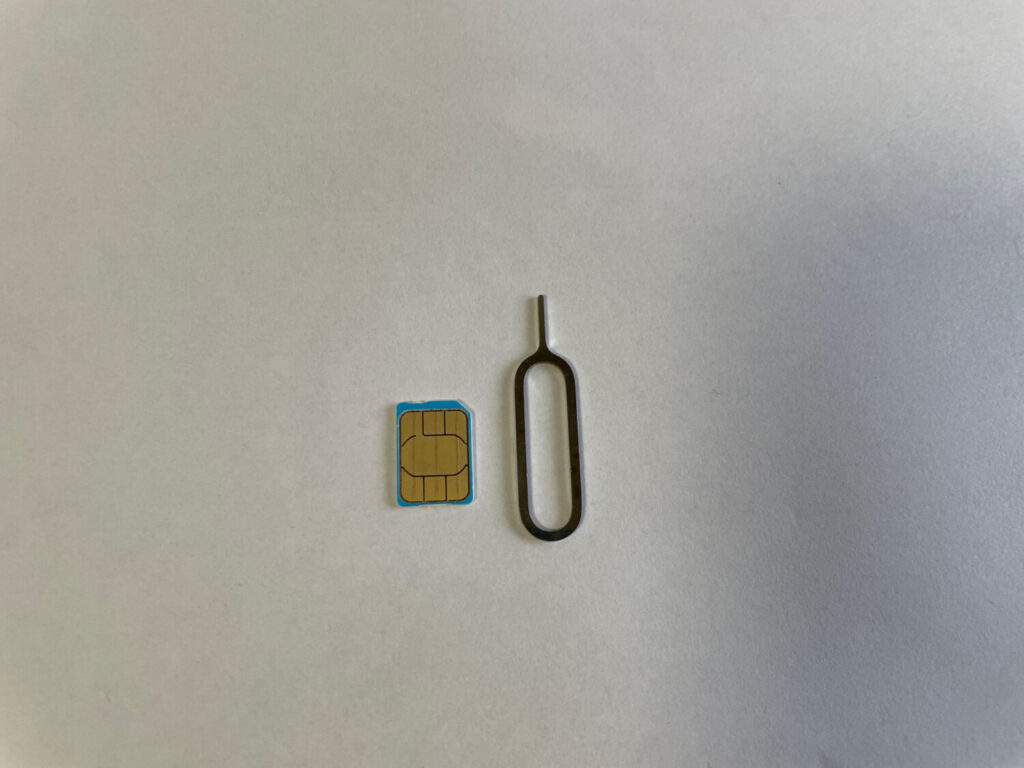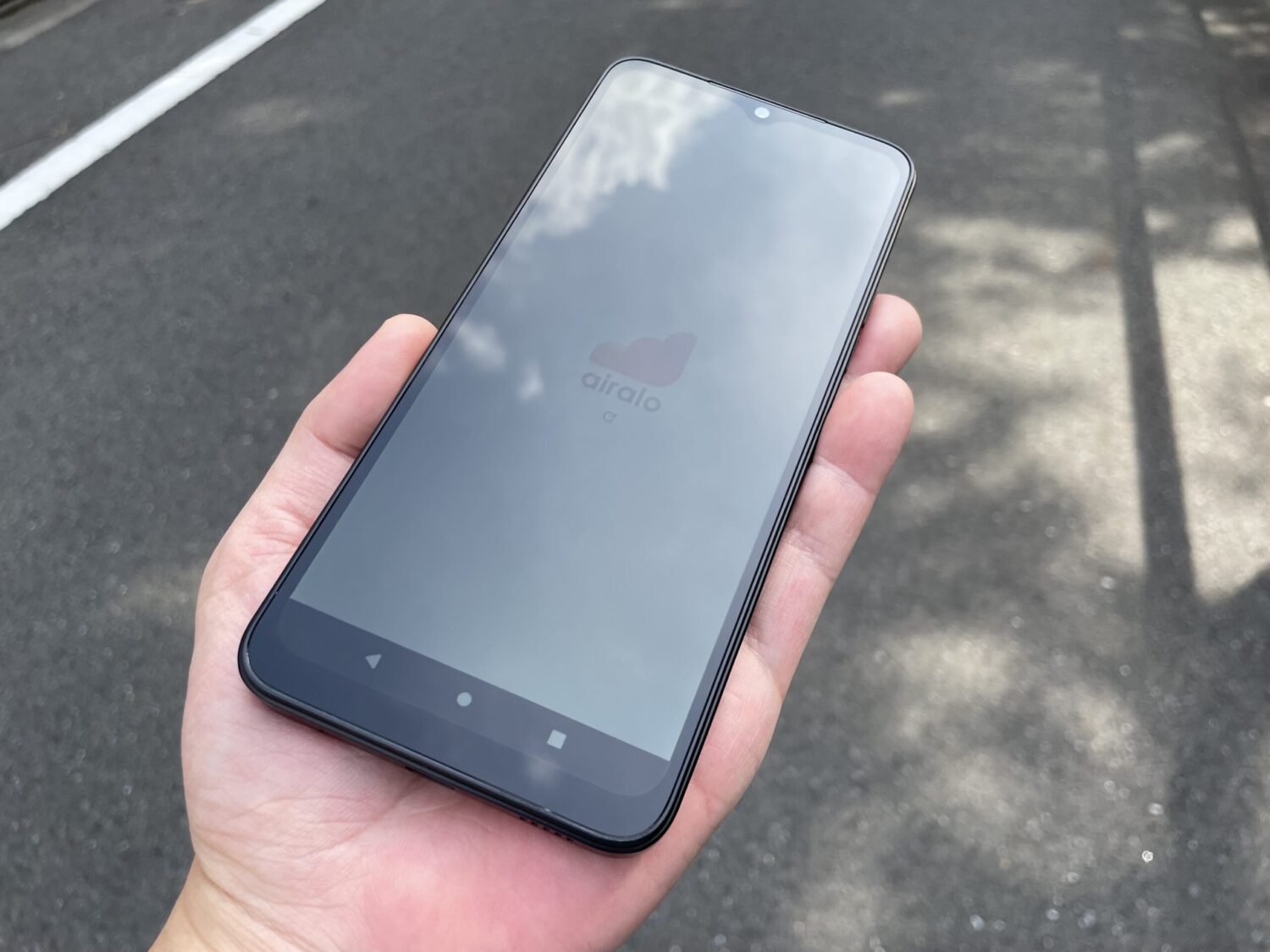For international travelers visiting Japan, ensuring a reliable internet connection is essential for a smooth and enjoyable trip. Whether it’s navigating with maps, sharing travel moments on social media, or staying connected with loved ones, having a stable internet connection is key. In this article, we’ll guide you through the different options for purchasing SIM cards and eSIMs in Japan, including where to buy them, their benefits and drawbacks, and tips on choosing the best option for your trip. If you’re planning a trip to Japan or considering buying a SIM card for local use, this guide will help you prepare for a stress-free travel experience.
Where to Buy SIM Cards in Japan for Your Trip

There are several convenient locations where travelers can buy SIM cards in Japan. Here’s a list of the main places where foreign visitors can purchase SIM cards easily.
Arrival Halls at Major Airports
Most major airports in Japan have SIM card counters in the arrival halls, allowing travelers to buy SIM cards as soon as they land. Airports like Narita, Haneda, and Kansai International Airport have multiple service providers offering SIM cards.
The SIM cards available at airports usually include options for short-term data-only plans as well as plans with voice capabilities. Being able to start using the internet immediately upon arrival is a significant advantage.
Electronics Stores (Yodobashi Camera, Bic Camera, etc.)
You can also purchase SIM cards at major electronics stores in cities across Japan. Tourist hotspots like Tokyo and Osaka have numerous outlets, with designated sections for overseas visitors. Stores like Yodobashi Camera and Bic Camera often have sections specifically for foreign travelers, making it easy to find the right SIM card.
Electronics stores may offer a wider variety of plans compared to airports, allowing you to choose a SIM card that suits your needs more closely. They often provide high-data or long-term options, making it easier to find a plan suited to the length of your stay.
Convenience Stores (Lawson, FamilyMart, etc.)
Major convenience stores in Japan, such as Lawson and FamilyMart, also sell SIM cards. These stores are open 24/7, making it convenient to purchase a SIM card whenever you need one. In popular tourist areas, you’ll often find SIM cards specifically geared towards travelers.
SIM cards sold in convenience stores usually offer short-term, data-only plans that are easy to set up. However, these plans often have limited data allowances, so they may not be suitable for heavy data users who plan to watch videos or use a lot of data.
Online Shops (Amazon, Rakuten, etc.)
You can also buy SIM cards online through sites like Amazon or Rakuten before you even arrive in Japan. These sites offer a variety of SIM cards for use within Japan, so you can select a plan that suits your travel itinerary.
The main benefit of buying online is that you can prepare in advance and skip any waiting time at the airport. Some SIM cards purchased online are pre-configured, allowing you to use them immediately upon arrival, saving you time.
Tourist Counters and SIM Card Vending Machines
Many popular tourist locations, major train stations, and shopping centers have tourist information counters or vending machines that sell SIM cards. At these locations, staff can assist with the purchase process, making it convenient for first-time visitors to Japan.
Vending machines are easy to use and often accept credit cards, so you don’t need cash to make a purchase. They may offer various data plans, allowing you to choose the best option for your needs.
Pros and Cons of Buying a SIM Card for Your Trip to Japan
There are many advantages to using a SIM card in Japan, but there are also a few drawbacks. Here’s a closer look at the benefits and considerations when choosing a SIM card for your trip.
Advantage: Easy Access to Reliable Local Internet
Buying a SIM card allows you to easily secure a local internet connection. Since they’re available at airports and electronics stores, you can start using the internet as soon as you arrive. Setting up is usually straightforward – just insert the SIM card, and you’re ready to go.
This lets you enjoy essential travel tools like social media and map apps without any hassle.
Advantage: Access to Japan’s Major Carrier Networks
Most SIM cards sold in Japan use networks from major carriers like NTT Docomo, au, and SoftBank, which provide stable and high-quality connections. This means you can enjoy reliable internet access not only in tourist areas but also in more rural regions.
Since these major carriers also offer robust customer support, you can expect quick assistance if you encounter any network issues.
Disadvantage: Higher Cost for Short-Term Plans
Some SIM card plans can be costly for short-term use, especially if you choose a high-data plan. For short trips, the cost may be higher than expected, so it’s essential to select a plan that matches your travel duration and data needs.
Estimating your data requirements carefully can help you avoid unnecessary expenses.
Disadvantage: Limited Compatibility with Some Devices
Not all devices are compatible with SIM cards sold in Japan. If your phone does not support Japanese carrier frequencies, you may not be able to connect even after inserting the SIM card. Make sure to check your device’s compatibility before purchasing.
If your device is SIM-locked, you’ll need to unlock it before you can use a Japanese SIM card. Be sure to handle this in advance if needed.
What Are the Benefits of Using eSIM for Your Trip to Japan?
Using an eSIM is an increasingly popular option for travelers in Japan. Here’s a closer look at the features of eSIM and how it works for travelers.
Instant Activation Online
The biggest advantage of eSIM is that it can be activated instantly online. Unlike a physical SIM card, there’s no need to pick up or insert a physical card; instead, you can simply download a profile to your smartphone and start using it.
This means you can purchase an eSIM before arriving in Japan and activate it immediately upon landing, saving you time at the airport. For those who want to avoid waiting in line for a SIM card, eSIM is an excellent option.
No Need for Physical SIM Card Insertion
Since eSIM uses a built-in chip in your device, there’s no need to worry about inserting or swapping out physical SIM cards. This reduces the risk of losing or damaging a card, allowing you to travel with peace of mind.
eSIM is a convenient choice for short-term visitors who prefer a hassle-free setup.
Option to Set Up Before Traveling
One of the benefits of eSIM is that you can set it up before you arrive in Japan. By downloading the eSIM profile in advance, you can immediately start using the internet upon arrival, without needing to search for Wi-Fi at the airport or hotel.
This is particularly helpful for first-time visitors who want a smooth start to their trip.
Plenty of Short-Term Plans Available
eSIM providers offer a variety of short-term plans, including options for 1-week or 10-day usage, making it easy to find a plan that matches your stay. Selecting the right plan based on your trip duration helps you control costs while enjoying a stable internet connection.
Pros and Cons of Using eSIM in Japan
While eSIM has many conveniences, there are also some limitations. Here’s a closer look at the benefits and drawbacks of using eSIM in Japan.
Advantage: Skip the Wait for SIM Card Purchase at the Airport
Since eSIM can be purchased and installed online in advance, there’s no need to wait in line for a SIM card at the airport. This allows you to start using the internet immediately, which is useful for quick navigation or communication needs.
Advantage: Flexible Plan Options
eSIM providers offer various plans, allowing you to choose one that fits your needs. Options may include data-only or plans with call capabilities, letting you customize based on your travel style.
Disadvantage: Limited to eSIM-Compatible Devices
eSIM is only available on devices that support it. Older or budget smartphones may not be compatible, so it’s important to confirm if your device supports eSIM before purchasing.
Disadvantage: Possible Data Speed Limitations
Some eSIM plans may have data speed restrictions, especially cheaper options or plans with low data allowances. If you plan to use a lot of data or want a fast connection, check the plan’s details carefully.
Which Is Better for Japan: SIM Card or eSIM?
Choosing between a SIM card and an eSIM depends on your travel duration, device compatibility, and data needs. Here’s a quick guide to help you decide.
For Short Stays, eSIM Is More Convenient
For short stays, eSIM is often more convenient since you can set it up online before arrival, eliminating the need to pick up a SIM card at the airport. With plenty of short-term plans available, eSIM is an excellent choice for travelers focused on data use.
For Long Stays or High Data Needs, SIM Card Is Better
If you’re staying longer or require a lot of data, a physical SIM card may offer better value. Electronics stores and airports offer high-data and long-term plans, making SIM cards a cost-effective option for extended stays.
Choose Based on Device Compatibility and Coverage Area
If your device doesn’t support eSIM, a physical SIM card is the only option. Additionally, if you’re planning to visit remote areas with limited coverage, a SIM card from a provider with extensive regional coverage may be more reliable.
Tips for Choosing a SIM Card or eSIM for Your Japan Trip
To ensure a smooth travel experience, choose a SIM card or eSIM that matches your needs. Here are some tips to help you decide.
Check Data Needs and Voice Capabilities
Determine how much data you need and whether you’ll need call capabilities. Data-only plans and plans with voice features differ in cost, so choose based on your intended usage.
Confirm Coverage Area for Your Destination
Depending on your destination, network coverage may vary. For remote areas, choose a carrier with extensive coverage. In urban areas, most carriers offer reliable service.
Consider Pre-Ordering an eSIM Before Departure
If you’re considering eSIM, check if you can download the profile before departure. Many providers allow instant online activation, but it’s good to confirm in advance.
Compare Cost-Effectiveness and Convenience
eSIM is convenient for short-term use, but for long-term stays or high-data needs, SIM cards may be more cost-effective. Choose based on your usage and budget.
Important Points to Note When Using a SIM Card or eSIM in Japan
Here are a few things to keep in mind when using a SIM card or eSIM in Japan.
Ensure Your Device is Unlocked
Check that your device is unlocked; otherwise, you won’t be able to use Japanese SIM cards or eSIMs. If necessary, unlock your device before departure.
Check for Any Usage Restrictions
Some plans may limit data speeds after a certain usage amount. Be sure to read the plan’s conditions carefully to avoid unexpected restrictions.
Monitor Data Usage Regularly
Keep track of your data usage to avoid additional charges or speed limitations. Regular checks can help you manage your data better during your trip.
Conclusion: Where to Buy SIM Cards and Should You Choose eSIM Instead?
Both SIM cards and eSIMs have their own advantages for traveling in Japan. For short stays and convenience, eSIM is ideal, while for long stays or high-data usage, a physical SIM card may be more suitable.
Whether you choose to buy a SIM card at the airport, an electronics store, or online, or go with an eSIM for instant activation, selecting the right option based on your travel needs and device compatibility will ensure a smooth experience.
Prepare in advance, select the best plan for your needs, and enjoy seamless internet access throughout your Japan trip. Use this guide to ensure a reliable internet setup and have a fantastic journey in Japan!



コメント